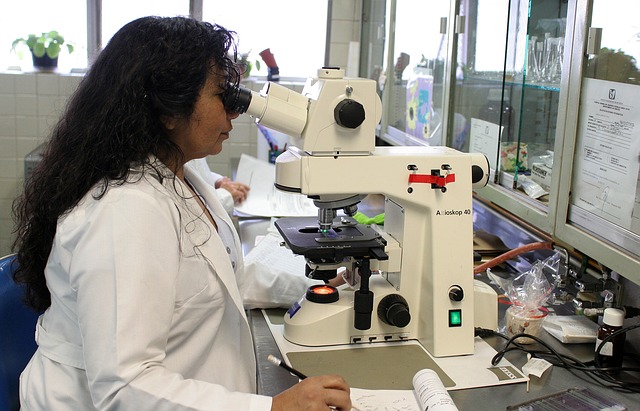International Society of Prenatal Diagnosis issues new guidelines for prenatal genome-wide sequencing
By Marsha Michie,
Prenatal Information Research Consortium
| 01. 12. 2018
Genome-wide sequencing is increasingly being conducted on fetal tissues, either as whole exome sequencing (WES), whole genome sequencing (WGS), or targeted analysis that uses clinical panels. These kinds of prenatal sequencing are sometimes done when more standard genetic tests have not yielded helpful results to explain structural anomalies, or if a specific genetic condition is suspected that would not be detected through other prenatal tests. While such sequencing is more likely to yield a positive result, it comes with its own set of risks and challenges – for instance, it is more likely to detect variants of unknown significance and other results that lead to excessive testing and stress on parents without significant benefit.
The International Society of Prenatal Diagnosis (ISPD), in conjunction with the Society of Maternal Fetal Medicine (SMFM) and the Perinatal Quality Foundation (PQF), just issued a joint position statement on the use of genome-wide sequencing for fetal diagnosis. While they recognize that sequencing can be useful in some instances, they generally take a cautionary approach. Based on “lessons learned from existing prenatal testing,” along with...
Related Articles
By Julia Métraux, Mother Jones | 02.10.2026
Why was Jeffrey Epstein obsessed with genes? In the latest tranche of Epstein records and emails made available by the Department of Justice, themes of genes, genetics, and IQ—alongside more explicit threads of white supremacy—keep cropping up, often adjacent to Epstein’s...
By Ava Kofman, The New Yorker | 02.09.2026
1. The Surrogates
In the delicate jargon of the fertility industry, a woman who carries a child for someone else is said to be going on a “journey.” Kayla Elliott began hers in February, 2024, not long after she posted...
By Alex Polyakov, The Conversation | 02.09.2026
Prospective parents are being marketed genetic tests that claim to predict which IVF embryo will grow into the tallest, smartest or healthiest child.
But these tests cannot deliver what they promise. The benefits are likely minimal, while the risks to...
By Leah Romero, SourceNM | 02.06.2026
An historical poster from 1977 created by Rachael Romero for the
Wilfred Owen Brigade in San Francisco, California. (Library of Congress)
Members of the New Mexico Legislature’s House Government, Elections and Indian Affairs Committee advanced a memorial Friday that calls...




